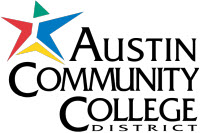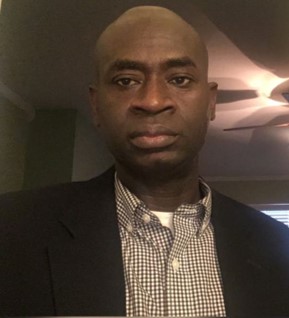Below is a summary of the abstract you submitted. Presenting author(s) is shown in bold.
If any changes need to be made, you can modify the abstract or change the authors.
You can also download a .docx version of this abstract.
If there are any problems, please email Dan at dar78@pitt.edu and he'll take care of them!
This abstract was last modified on March 17, 2023 at 4:34 p.m..

Purpose: Austin Community College Biol 1406 Fall 2022 students participated in Howard Hughes Medical Institute's Science Education Sea-Phage program. In one semester, students dug up soil and water samples in an attempt to find bacteriophages. At the end of the semester fall, 2022 semester students were able to isolate a bacteriophage named "EastView910". The SEA-PHAGES (Science Education Alliance-Phage Hunters Advancing Genomics and Evolutionary Science) program was established by HHMI to increase undergraduate interest in biological sciences through immediate immersion in authentic, valuable, yet accessible research. The program provides both a manual and a framework with which students attempt to discover new bacteriophage populations. Phages are an important part of our environment for us to study as they infect and kill bacteria. A greater understanding of the way that these phages function may allow for the development of new medical treatments. For example, the treatment of antibiotic-resistant infections. This research includes a variety of scientific data that was gathered from our samples as well as an interpretation of those findings.
Knowledge:: It is estimated that there are 10^31 phage particles, but only about 3000 of those have been characterized genomically. Bacteriophages are double-stranded DNA viruses that infect and replicate in bacteria. Bacteriophages are abundant throughout the biosphere, in the land, water, air, or inside any suitable host. These viruses are not harmful to human cells as they only target bacterial cells to reproduce.
Sample Origin: At first, soil samples were mostly used to Isolate and find bacteriophages that could host phages; However, all the collected soil samples did not contain phages. Students then collected water samples from a private sewage facility, which contains raw untreated sewage, the sample was extracted in a similar procedure to that of a BOD (Biochemical Oxygen Demand) sample. For optimal results, the sample was gathered from the middle of the tank, passing through the foam and scum layers to avoid misleading data. Effluent from this level of the tank contains a high concentration of microbes and therefore plenty of anaerobic bacteria that may host the bacteriophages relevant to this research. Students were able to isolate, identify, and characterize a bacteriophage from collected water samples. The bacteriophage isolated was named: "EastView910".



